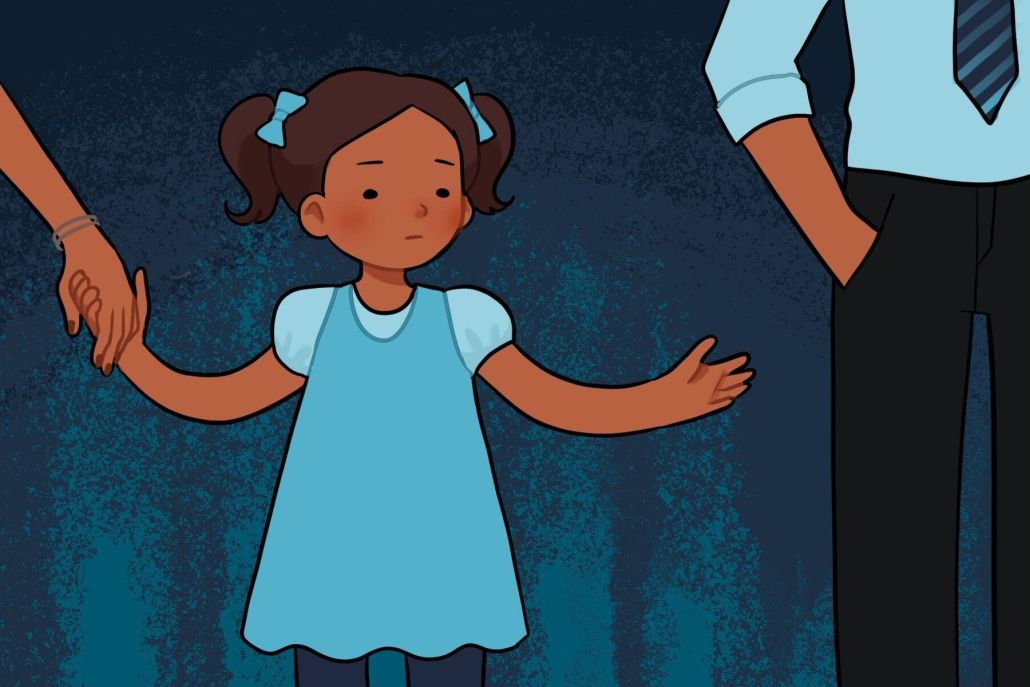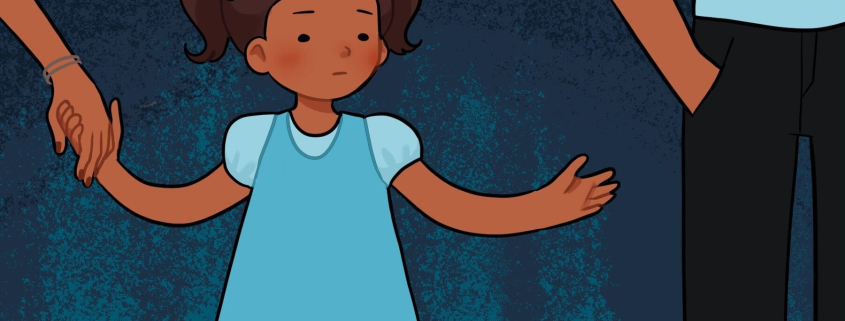Daddy Issues are daddy’s issues

I have a bad case of daddy issues. On some level, I feel many of us have at least some idea what this term means. A young woman who is emotionally unavailable, relies on men for validation and dates either bad or older partners. There is no exact definition, its meaning varies depending on who you ask. Still there is one thing every girl with these issues has in common, she has to have some serious work to do on herself.
But what if I told you for most of my life I was proud that these two words applied to me. In fact, I even wanted to thank my dad. Even though my father never did much for me, he did manage to teach me one very important lesson. Sometimes I imagine that my dad is like a mirror, it’s reflection showing the exact opposite of everything I desire in life. It shows what would happen if I was never willing to work for anything and think of anyone but myself. My dad taught me that I needed to be strong.
However, there is a vast difference between understanding the necessity of strength and uncovering it inside of yourself. Resilience to me meant little more than protecting myself. I was in survival mode — the only thing that mattered was that nobody could hurt me the way my dad had. So I built walls in an attempt to eliminate any possibility of rejection. Logically, I knew that my dad left because of his defects and not my own. Yet I had it drilled into the back of my head that I needed to be perfect to make up for this.
Children of emotionally unavailable parents often form anxious or avoidant attachment styles. I myself have an avoidant style which entails being extremely self-reliant and uncomfortable opening up to people. An attachment style is how secure someone feels in their relationships and how they behave toward others and oftentimes children of two loving, supportive parents have better odds of forming a secure style. A quick Google search and a bit more research will tell you that both anxious and avoidant attachments look a lot like the cliche daddy issues.
So, why was I so ready to adopt this term? To be honest, I had always known I could use some therapy because of my dad, but it felt natural to poke fun at it. I don’t know whether I used these words first to describe myself or if somebody else did. Nonetheless, I claimed the label with a sense of pride. My daddy issues protected me from getting hurt, and I could not find any fault in that. Or at least that’s what I told myself. But I would be lying if I pretended that each time I heard those words it did not feel a little like getting punched in the stomach.
The term is widely used. Most people seem happy enough to throw it around in conversation rather light-heartedly. And after all, any girl who is described like that deserves it, right? She’s got to be a piece of work. However, I fear that they fail to understand the deeper-rooted problems with these words. Daddy issues condemn a child for their parent’s shortcomings and place blame on the child rather than the father. Maybe if empathy was given instead of judgment and the stigmatization of the phrase, things would have turned out differently. But, there was no empathy for me and I found myself alone — or well, I forced myself to be.
If I did not need anyone, then nobody had power over me. I repeated that mantra in my head again and again. It was my way of coping with the pain. A promise to myself that I would never let anybody hurt me like my dad did. I constructed a narrative for myself that having daddy issues made it possible for me to build walls around myself. I was convinced that doing this made me strong.
But gradually, I began to come to the realization that this practice was the opposite of strength. It was fear. I was cowering in the face of my emotions. True strength lies in vulnerability. It is only when I started letting myself feel my emotions that I was able to face my demons.
We all find different ways to cope with our pain whether that be closing ourselves off emotionally or finding distractions in the world around us. It is all-encompassed in the behaviors linked to daddy issues. However, by reacting to pain in that way, you are only hurting yourself. You are taking on issues that were never yours to begin with. And nobody deserves that.
But, thank you dad. Truly, you taught me a very important life lesson. Nobody is worth hardening yourself for. Resilience is choosing to feel. It’s being brave enough to face every emotion, even the not so good ones. We are all strong enough to handle the rejection life throws at us. What we need is to trust that even if someone hurts us, we will pick ourselves back up. We will not let them make us think any less of ourselves.
Simply put, my daddy issues are my daddy’s issues, not mine.

